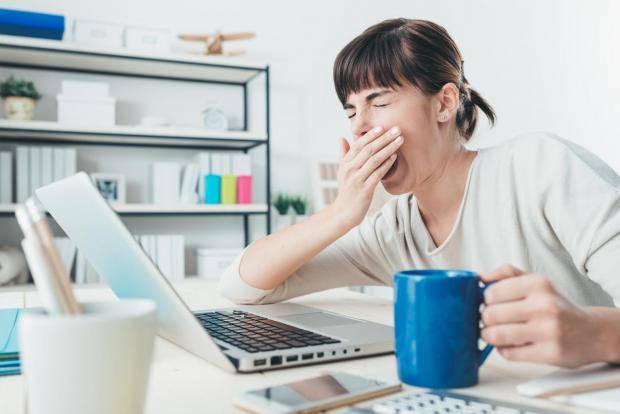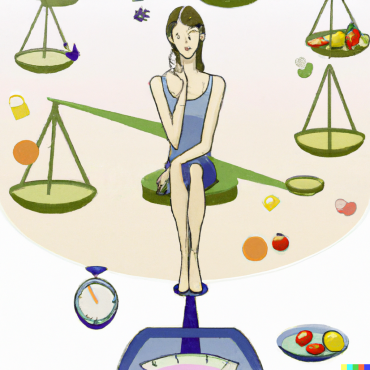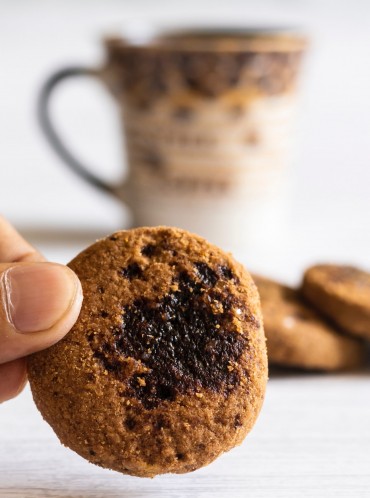The human brain is a complex organ that can get affected by virtually everything, from a person’s food, lifestyle, sleep, exposure, activities and what not. Perhaps the truth is that all of them play a vital role in its growth and functioning and yes, the mental health. Out of all these factors, genetic link, age and sex are ones that are beyond our control, but the rest like weight, exercise, the amount we sleep, and our diet, can be regulated by us in order to positively or negatively affect our mental health. Out of these many factor, one factor that directly and spontaneously affects our mental health is our sleep.
So, Why Is Sleep So Important?
Sleep is perhaps important for everything. It is during sleep, that body repairs itself, both physically and mentally. It’s during this sleep only, our muscles relax, tissues develop and grow and the body’s energy is restored. It helps restoring hormones, liver functionality, skin cells, heart health and much more. During the basic seven hours of sleep, a really good and sound sleep, our body goes into a fixing mode and we don’t even come to know about it.
In the contrary, poor or lack of sleep that we generally call sleep deprivation or insomnia creates higher risks of mental illness. You wake up tired and drowsy in the morning. Your body language is drooling and sad. Your concentration levels at school or work is almost nil and finally the productivity that counts the most in this modern world is zero. You are walking dead and look like one too.
The brain starts functioning in a different manner – in a bad manner. These signs show up under your eyes because of the tiredness. You can even feel it in your behavior – you sleep in meetings, yawn all day at work, have an irritated and disturbed mood and drink more and more coffee looking for the energy that you have missed the night before.

Source: TheIndependent
The Effects of Sleep Deprivation on Your Body
Missing out on recommended 7 to 9 hours of sleep does more than just making us sloppy and grumpy. The long term effects of sleep deprivation are intense and real. It squeezes out our mental abilities and puts us at the risk of many physical health risks, from weight gain to a weakened immune system.
Our body needs sleep, equally as it needs air, water and food to function properly and without enough of sleep, our brain and body systems won’t function normally. Overall, poor sleep can dramatically affect our quality of life.
Some of the common signs of sleep deprivation are:
- Irritability
- Excessive daytime sleepiness.
- Daytime fatigue.
- Feeling of high stress and anxiety.
- Yawning
Chronic sleep deprivation can interfere with the brain and other organs of the body and lead to more than just the initial symptoms as mentioned above.
Sleep and Your Diet
Amidst our busy lifestyle, one thing that suffers the most is our sleep. Here are some foods that promotes good sleep:
Magnesium Enriched Foods
Sources: Dark leafy greens (baby spinach, kale), nuts and seeds (almonds, sunflower seeds, Brazil nuts, cashews, pine nuts, flax seed), fish (salmon, tuna, mackerel), soybeans, banana, avocados, low-fat yogurt.
Magnesium is instrumental in sleep and is a natural relaxant that helps deactivate adrenaline. Lack of it is directly linked to difficulty going to and staying asleep. It is also called the sleep mineral.
The amino acid Tryptophan
Sources: Dairy products (milk, low-fat yogurt, cheese), poultry (turkey, chicken), seafood (shrimp, salmon, tuna), nuts and seeds (flax, sesame, pumpkin, sunflower, cashews, peanuts, almonds, walnuts), legumes (kidney beans, black beans split peas, chickpeas), fruits (apples, bananas, peaches, avocado), vegetables (spinach, broccoli, turnip greens, asparagus, onions), grains (wheat, rice, barley, corn, oats).
This amino acid when ingested, gets converted into the neurotransmitter serotonin and then into the hormone melatonin, the sleep hormone.
Vital Vitamin B6
Sources: Sunflower seeds, pistachio, flax seed, fish (tuna, salmon), meat (lean meat, lean beef), dried prunes, bananas, avocado and spinach.
Vitamin B6 also helps in converting tryptophan into melatonin. Deficiency of B6 has been linked with lowered serotonin levels, another sleep hormone and poor sleep and is also linked to symptoms of depression and mood disorders which often leads to insomnia.
The much Needed Calcium
Sources: Dark leafy greens, low-fat milk, cheeses, yogurt, sardines, fortified cereals, soybeans, fortified orange juice, green snap peas, okra and broccoli.
Another mineral that supports the brain make melatonin. Lack of calcium often makes you to wake up in the middle of the night and have difficulty returning back to sleep. Calcium rich diets have shown positive help in patients with insomnia. Dairy products that contain both tryptophan and calcium are the best sleep inducers.
Image Source: Iowa Girl Eats

























































Comments